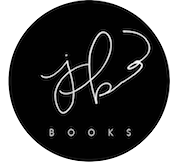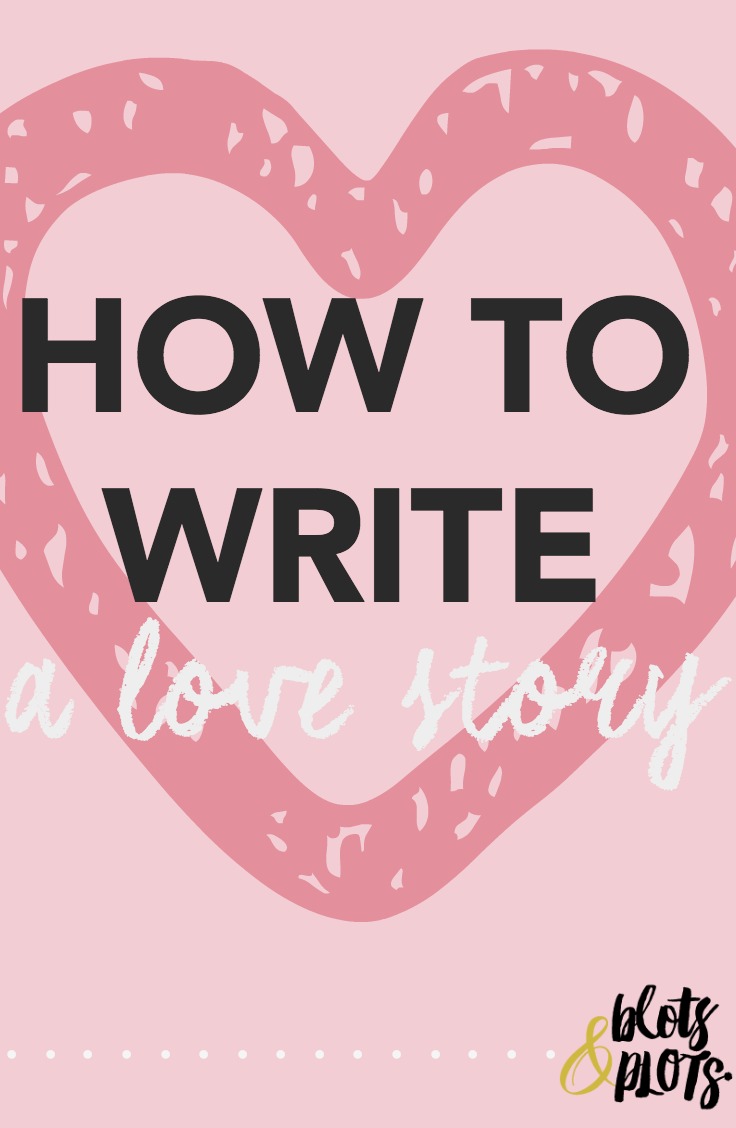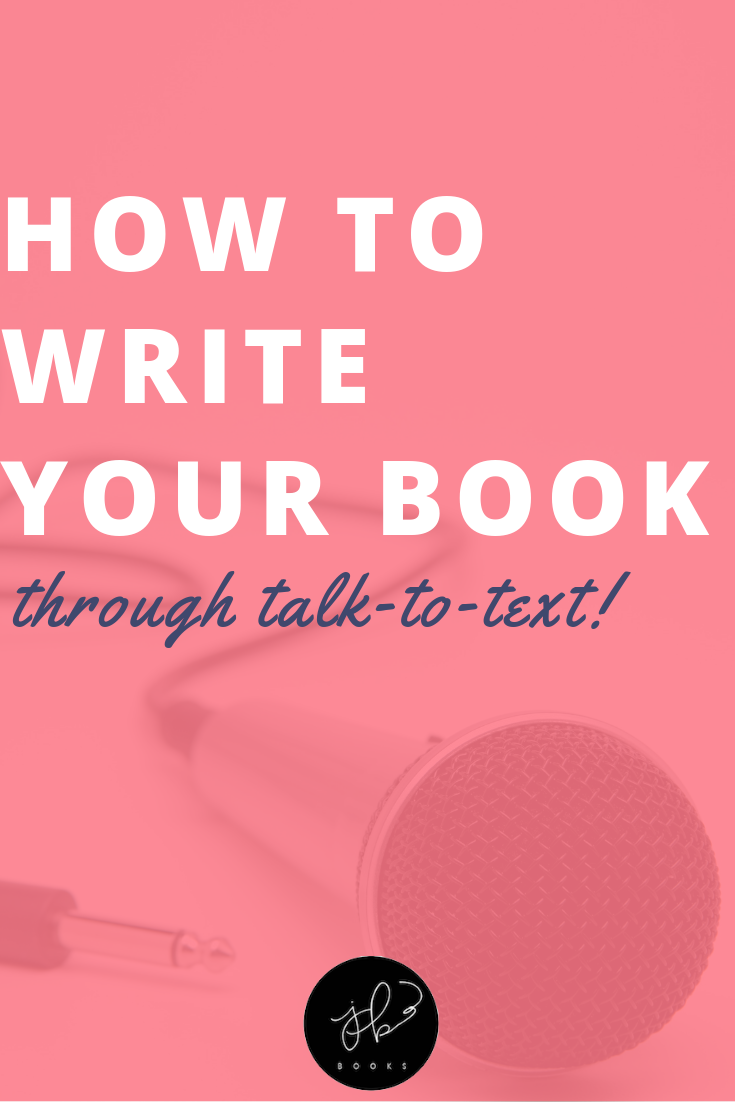In so many ways, I'm still a baby writer. I haven't fully finished a manuscript yet and I'm only a year out of college. And now is where you think, "Umm, why am I listening to you?" And maybe you shouldn't. Run along, now. WAIT JUST KIDDING. Don't go. Anyway, here's the thing. We're all on this writer journey together. Whether you're half a book or twenty-eight books into your writer life, you're never "there." In writing, there is no end game. There is no finish line. There's a million little ones, which is great news for us, because there's always one more to cross.
Ok, enough with the lame metaphors. What I really want to talk about is the secret to writing. That's right. The one you've all been waiting for. Drum roll please. The more I write, the more I realize that I need to write. Huh? What? When I first began to write, I agonized over every line, doing my best to make sure that everything sounded just right. Except, here's the thing: most of the time, it didn't. Why? Because it was a first draft! And that's what first drafts do. They don't work right away. So basically, I was spending all of this time trying to edit myself as I wrote my first draft, picking my words while I threw out ones that never even had the chance to make it onto the page.
THIS IS THE WORST THING YOU COULD DO. I lost so many good words, ideas and possibilities because I was so busy trying to sound "perfect" right away. Lesson learned, my friends. Here is what you really want to do: write more and edit less. Write more scenes that suck. Write more scenes that you hate yourself for later. Then, when the time is right, you can weed through all the junk and find the little glittery spots of "okay, awesome." When you write more, there's more room to grow. For instance, my main character Wendy originally started as a teacher. I've since then steered away from that, trying to place her in a super boring job (TBD). The way you get to know your story is by letting it shift from side to side on the page. If you keep it all in your head, it has nowhere to go.
Write More. My philosophy is pretty simple. If you write A LOT, then it's easy to edit later. You can cut the fat faster than you'd think, and save it for another project. You know what you can't do? Edit an empty page. I mean… if you can, then maybe you're a genie, in which case, I should be asking you for three wishes. Number one: Christmas all year round, 24/7. Number two… ok, I just remembered about this post I had to write. WRITE MORE. EDIT LESS. Writing is the fun part. Agreed? Editing is where we roll our eyes and kick the paper across the room. So it's in our benefit to write more when all of those creative juices are flowing. I never really liked that term. Creative juices. Bleh.
Want more random insight into my mind/my writing advice? Subscribe to the Blots & Plots newsletter!














